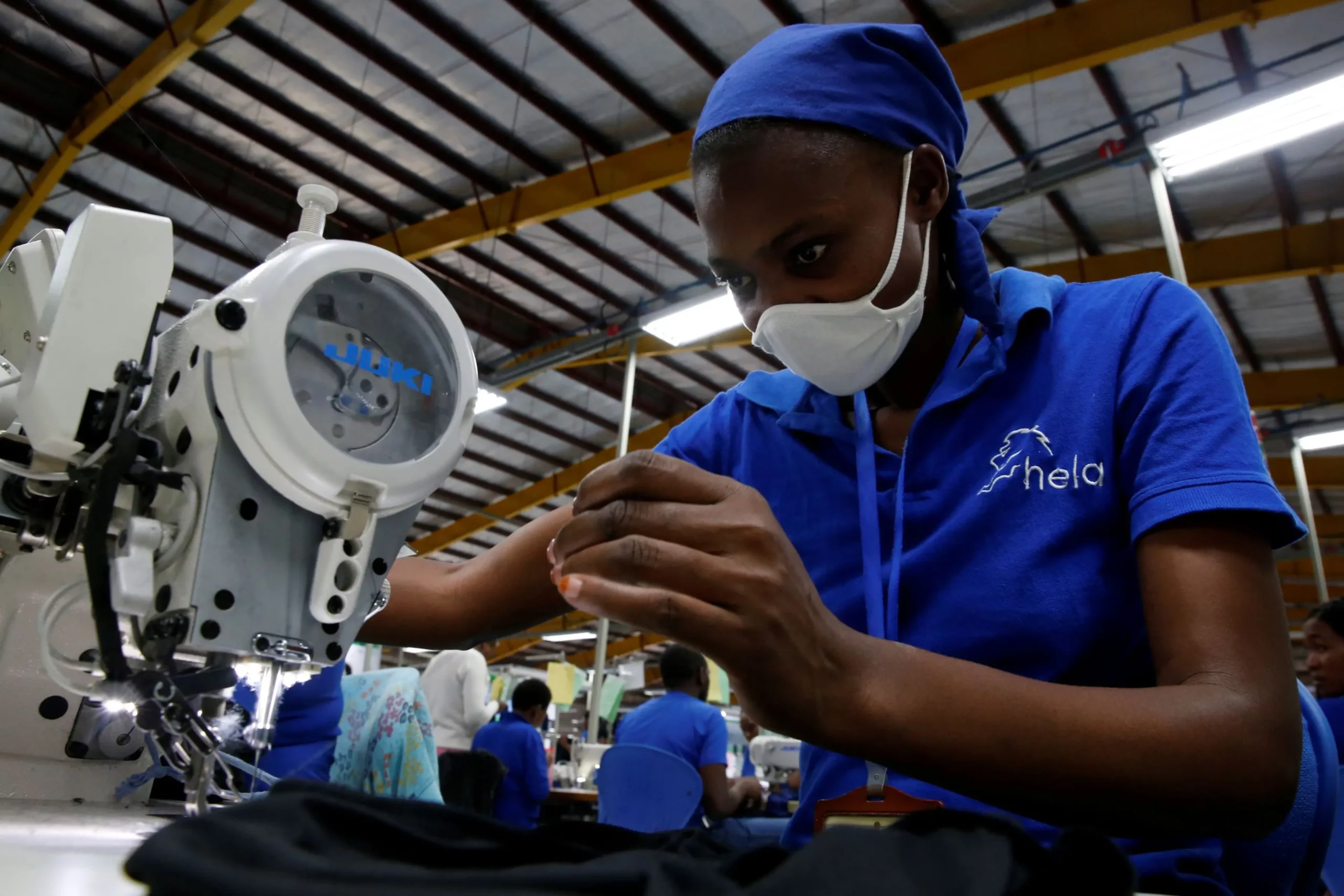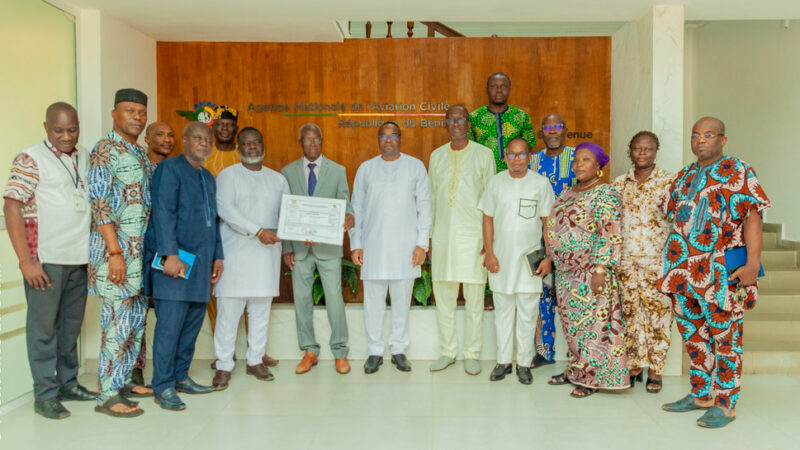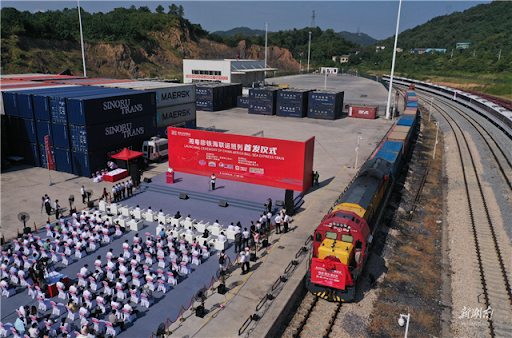AGOA Extension: African Manufacturers’ Last Stand

African industries are waging a last-minute campaign to extend the African Growth and Opportunities Act (AGOA), a key trade agreement that allows them to export goods to the United States duty-free. Amid increasingly protectionist U.S. trade policies, the prospects for renewal of the program, set to expire in September, remain uncertain.
An Advocacy Mission in Washington
To save the agreement, delegations of business leaders and government representatives from several African nations recently traveled to Washington. Their goal was to pressure the U.S. Congress to approve a temporary extension of one or two years. Pankaj Bedi, chairman of a major Kenyan textile company, confirmed he had held more than 30 meetings with political stakeholders, including members of Congress and staffers from the House of Representatives.
According to Bedi, support for AGOA is bipartisan, with both Democratic and Republican politicians expressing openness to a renewal. However, uncertainty remains over whether Congress can pass an extension bill within the limited timeframe.
Economic and Strategic Stakes
Launched in 2000, AGOA is a cornerstone of African economies, supporting hundreds of thousands of jobs in the textile, automotive, and mining sectors. Beyond being an engine of economic development, U.S. lawmakers also see it as a strategic tool to counter China’s growing influence on the continent.
Ending the program would have dramatic consequences for African manufacturers, who would face significantly higher export costs to the U.S. For example, tariffs on synthetic textiles could rise from 10% to 43%, potentially triggering the collapse of the industry. “It would be like a house of cards falling apart,” Bedi warned, predicting mass layoffs.
In the event of a failed extension, Bedi also stressed that the U.S. risks becoming even more dependent on Asian suppliers, which would ultimately benefit China. U.S. authorities, for their part, have yet to make any public comment on the matter.





